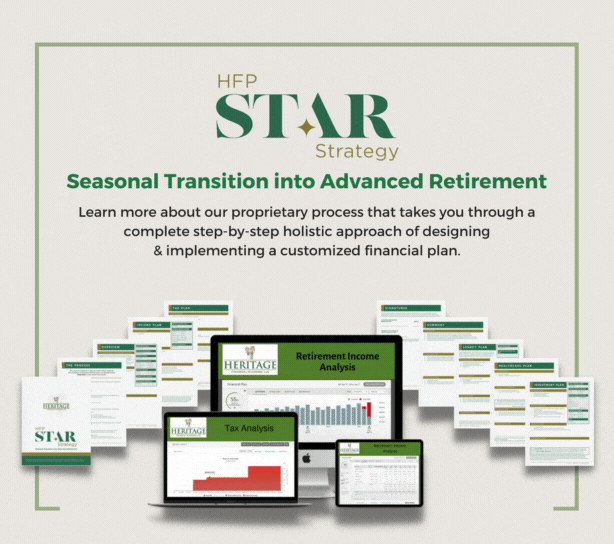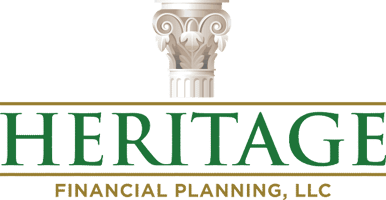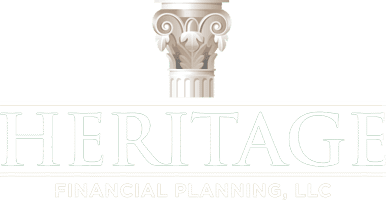You Worked Hard to Build Wealth—Now Let’s Protect What You Leave Behind
Leaving a legacy is about more than just passing on money—it’s about creating financial security for your loved ones, supporting causes you care about, and preserving your values for generations to come. But without proper planning, a large portion of your legacy could be lost to taxes, probate costs, or unintended consequences.
If your goal is to leave more behind—not to Uncle Sam—then now is the time to plan intentionally.
The Tax Traps That Can Undermine Your Legacy
Many retirees don’t realize that their retirement accounts, real estate, and other assets could trigger significant taxes for their heirs. Here are a few common pitfalls:
- Traditional IRAs and 401(k)s: These are taxed as ordinary income when inherited by non-spouse beneficiaries. Under the SECURE Act, most heirs must withdraw all assets within 10 years—potentially pushing them into higher tax brackets.
- Estate Taxes: While the federal estate tax exemption is historically high right now ($13.61 million per person in 2024), it’s scheduled to drop in 2026 unless new legislation is passed. This could impact more families than expected.
- Probate: Assets that go through probate (i.e., not passed via beneficiary designations or trusts) can get held up for months, incur fees, and become public record.
These issues can erode the value of your legacy and add stress to your loved ones during a difficult time.
Strategies to Leave More Behind—Tax-Efficiently
Building a tax-smart legacy plan doesn’t have to be complicated. It just requires a proactive approach and the right tools.
- Use Roth Accounts Strategically: Roth IRAs pass on tax-free and don’t have RMDs during your lifetime. Converting pre-tax assets to Roth during retirement can reduce taxes for both you and your heirs.
- Set Up Beneficiary Designations Correctly: Assets like IRAs, life insurance, and brokerage accounts can bypass probate when beneficiaries are clearly named and up to date.
- Consider a Trust: Trusts can provide privacy, control over asset distribution, and protection from creditors or mismanagement. They’re particularly useful for complex family situations or charitable giving.
- Gift While You’re Living: Annual gifting (up to $18,000 per person in 2024) can reduce your taxable estate while allowing you to witness the impact of your generosity.
- Use Charitable Strategies: Donor-Advised Funds, charitable trusts, or Qualified Charitable Distributions (QCDs) can help you reduce taxes while supporting the causes that matter to you.
Don’t Let Taxes Write Your Legacy for You
A thoughtful legacy plan ensures your wealth supports the people and causes you care about—without creating a tax burden or legal mess. It’s not just about how much you leave—it’s about how efficiently you leave it.
Whether your estate is large or modest, it’s never too early—or too late—to put a strategy in place.
Let’s Create a Legacy That Honors Your Life—and Protects Your Loved Ones
At Heritage Financial Planning, we help clients navigate the complex world of estate and legacy planning through our HFP S.T.A.R. Strategy (Seasonal Transition into Advanced Retirement). From Roth conversion timing to trust coordination and tax-smart gifting, we’ll help you design a legacy that minimizes taxes and maximizes impact.
Schedule your legacy planning session today and feel confident knowing your hard work will benefit the next generation.

Click here to learn more about our HFP STAR Strategy process.
Sources:
• IRS: Estate and Gift Taxes – https://www.irs.gov
• SECURE Act Overview – https://www.congress.gov
• Fidelity Estate Planning Insights – https://www.fidelity.com
• Heritage Financial Planning: https://heritagefinancialplanning.net/about/heritage-financial-star-strategy/











